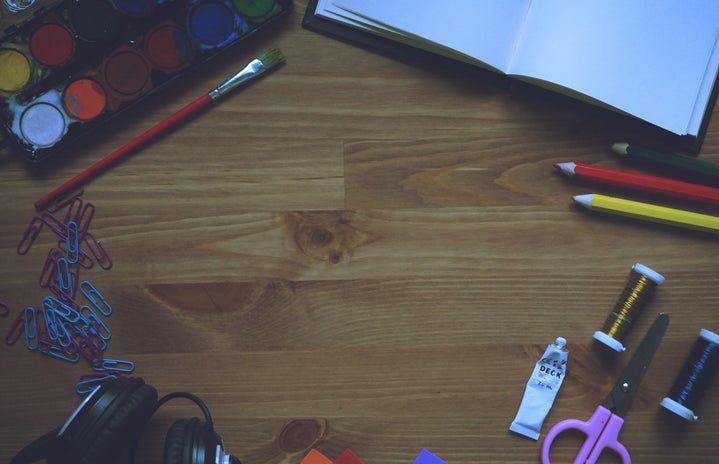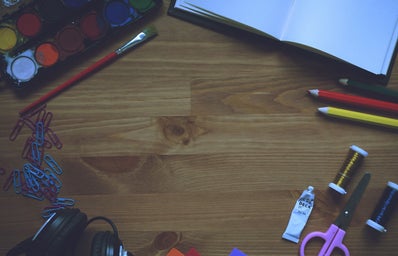I didn’t start drinking coffee regularly until two weeks ago. That’s when I procrastinated my work so badly on a Sunday that I’d done none of my massive coding project, essay, or chemistry problem set before my 6pm meeting. So I stopped at Starbucks on the way home, anticipating a long night. That long night turned into two long nights, which then turned into a night that I only got a single hour of sleep, which required three cups of joe the next day, including the dreadful bean water that the dining hall likes to pass off as “coffee.”
But the issue wasn’t the amount of money I spent at Starbucks, even though that would have been a concerning amount had I not cashed in on all the gift cards I hadn’t had a reason to use before: it was the effects that drinking coffee so late was having on my daily routine. I wasn’t just losing sleep; I was losing track of time completely. I went to turn in an assignment, I realized I had mistaken the peer review deadline for the first draft one, and learned I could no longer submit. I said good morning to people at four in the afternoon, even though I’d been awake for hours. I couldn’t work out as regularly either because the only thing keeping me awake was the caffeine, and the elliptical would wear me out before I could finish all of my work for that day.
My eating habits were affected as well. I started eating smaller meals during the day because I knew that I would have to eat something much later at night to prevent the painful, empty feeling in my stomach after my 9pm k-cup.
I’ve cut back since then, but there are days where the only thing that can motivate me to go to my 10am is stopping by the Starbucks in Ross on the way. Coffee has become a regular part of my life now, but there are times that I don’t need it to get through the day. Word of the wise though, please save yourself and don’t drink caffeine after 7 o’clock. Your body will thank you.
Images courtesy of: CNN.com

